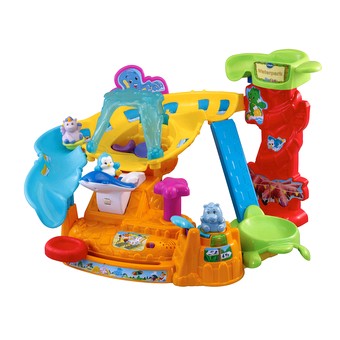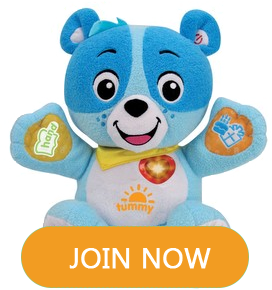Why Join VTech Club?
Joining is free, fast and full of great benefits, such as:
- Promotions and offers
- Monthly £1,000 prize draw*
- Regular competitions
- Special offers for our members
Added benefits
- Register your VTech products
- Apply to be a Product Tester
1-5
YEARS
ZoomiZooz Waterpark
£41.99
Temporarily unavailable to purchase online,
for more information please call 03306780149
for more information please call 03306780149
- Welcome to the VTech ® ZoomiZooz® Waterpark!
- Race up, tumble down and play all around on this fun packed play set!
- Come and meet the ZoomiZooz®, friendly, collectable animal characters that tumble, wobble, bounce and roll around!
- Your child will love tumbling the Zoomizooz® down the waterfall or launching them from the stingray, sliding them on the turtle lift, or pressing the starfish button to watch them slide!
- Includes 3 exclusive ZoomiZooz® ; hippo, penguin and unicorn.
Best for ages:
1 to 5 Years
Highlights
Tumble the Zoomizooz® down the waterfall, over the stingray or up in the turtle lift! Magic ZoomiZone magically recognises and introduces the 3 exclusive Zoomizooz!
Description
Welcome to the VTech® ZoomiZooz® Waterpark! Race up, tumble down and play all around on this fun packed play set! Come and meet the ZoomiZooz®, friendly, collectable animal characters that tumble, wobble, bounce and roll around! Your child will love tumbling the Zoomizooz® down the waterfall or launching them from the stingray, sliding them on the turtle lift, or pressing the starfish button to watch them slide! Place the 3 exclusive ZoomiZooz® ; hippo, penguin and unicorn on the Magic ZoomiZone which will magically recognise them and introduce their names and fun characteristics! Collect all the ZoomiZooz® characters – over 24 to collect!
- Product Number: 80-533903
- 2x AA Batteries Required



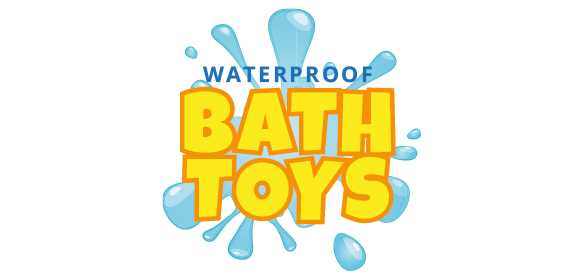
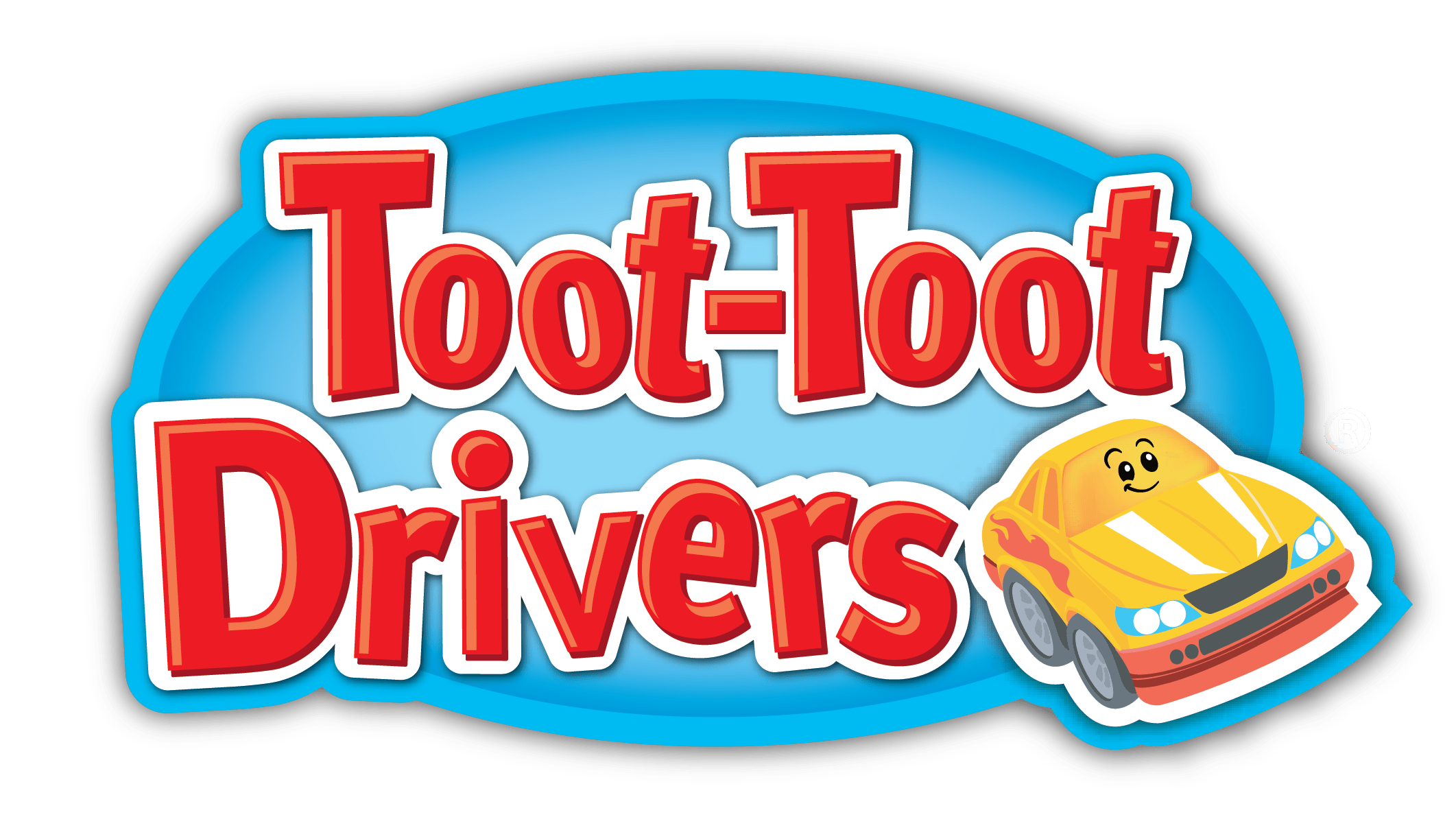



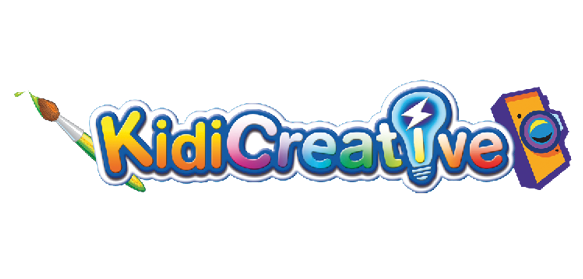

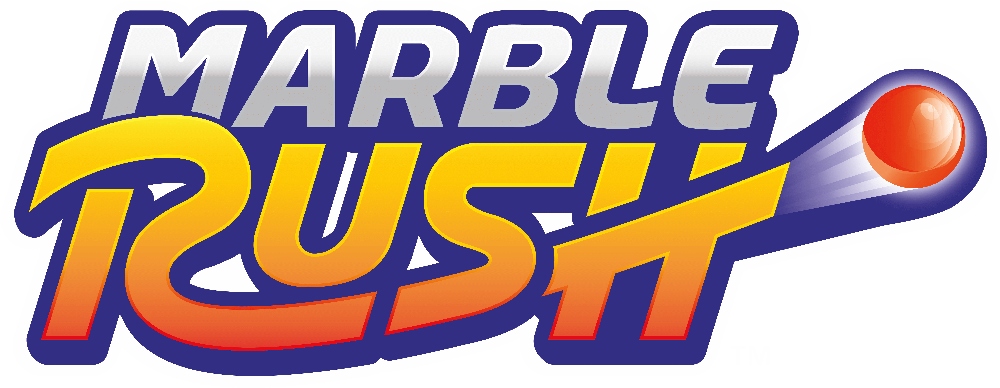

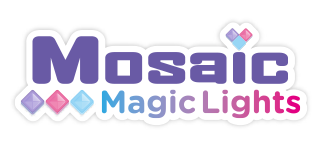
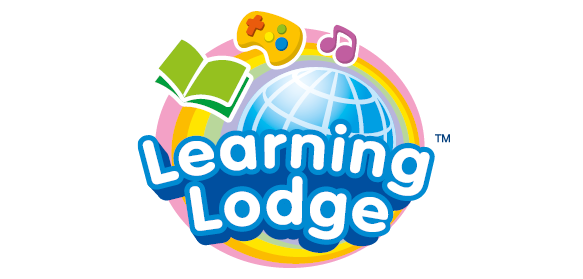 Download
Download

